6 Benefits Of Urban Trees: How Trees Make Cities Healthier, More Sustainable, And Actually Reduce Car Accidents
Did you know there are actually fewer car accidents on city streets where trees are planted? Check out this plus five more little known benefits of urban trees.

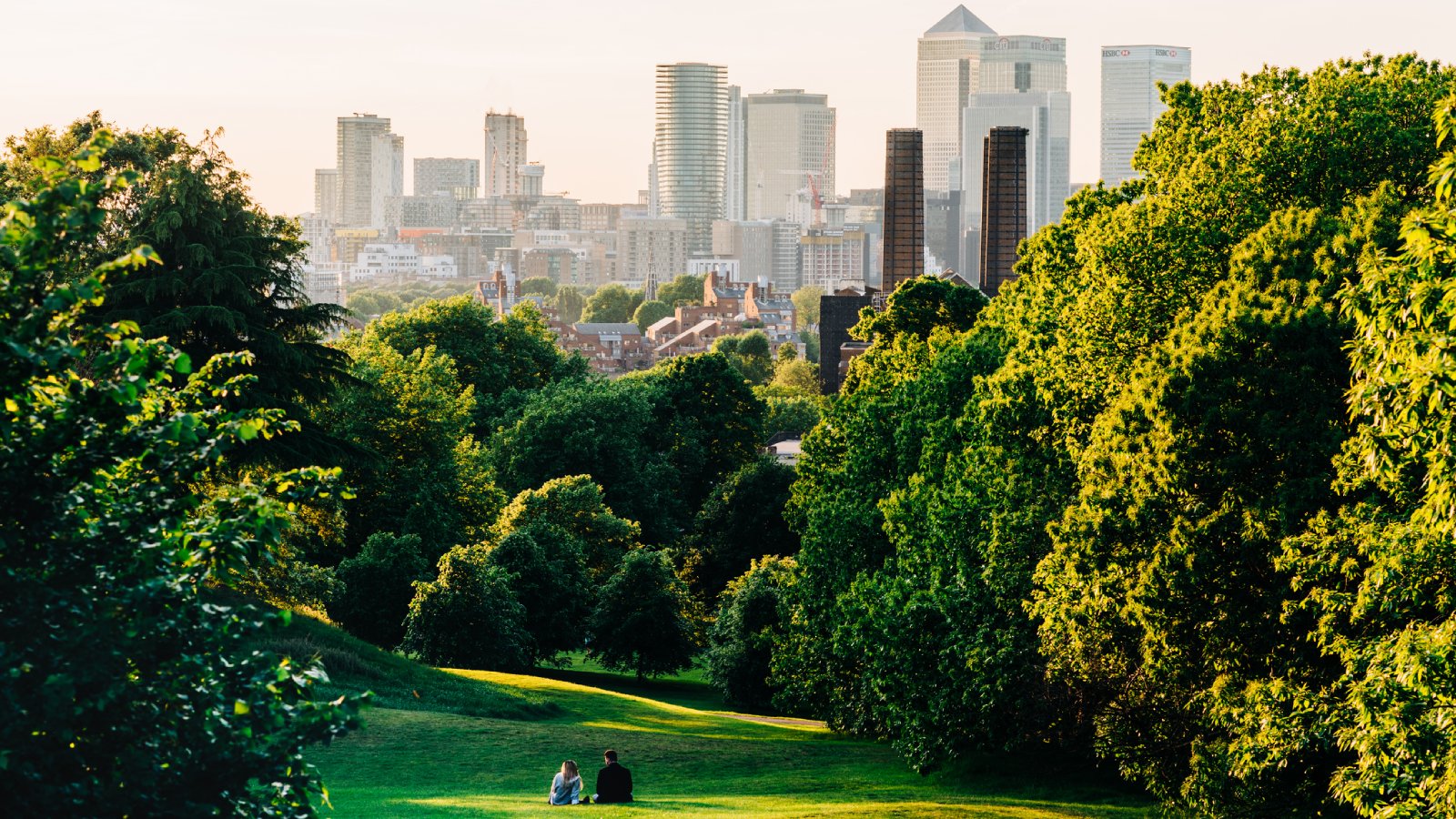
The benefits of urban trees cannot be overstated. Trees are important everywhere, from forests to backyards. They add shade and provide the serenity of nature, with the wind making music in the leaves and birds nesting in the canopy. But trees play an especially critical role in cities, where nature can seem like a foreign country, somewhere out there but not relevant to daily life.
The importance of trees in urban areas includes their role in beautifying a neighborhood and softening the mechanisms of street traffic – like signs, stop lights, and speed bumps. But their role extends far beyond adding local greenery, to boosting mental health, reducing energy costs, and preventing flooding.
Biggest Benefits of Urban Trees
It’s hard to pick the “biggest and best” benefits of trees in urban areas, given the innumerable effects that could make the list. But here are my top six. What are yours? Let us know!
1. Improved Mental Health of Residents
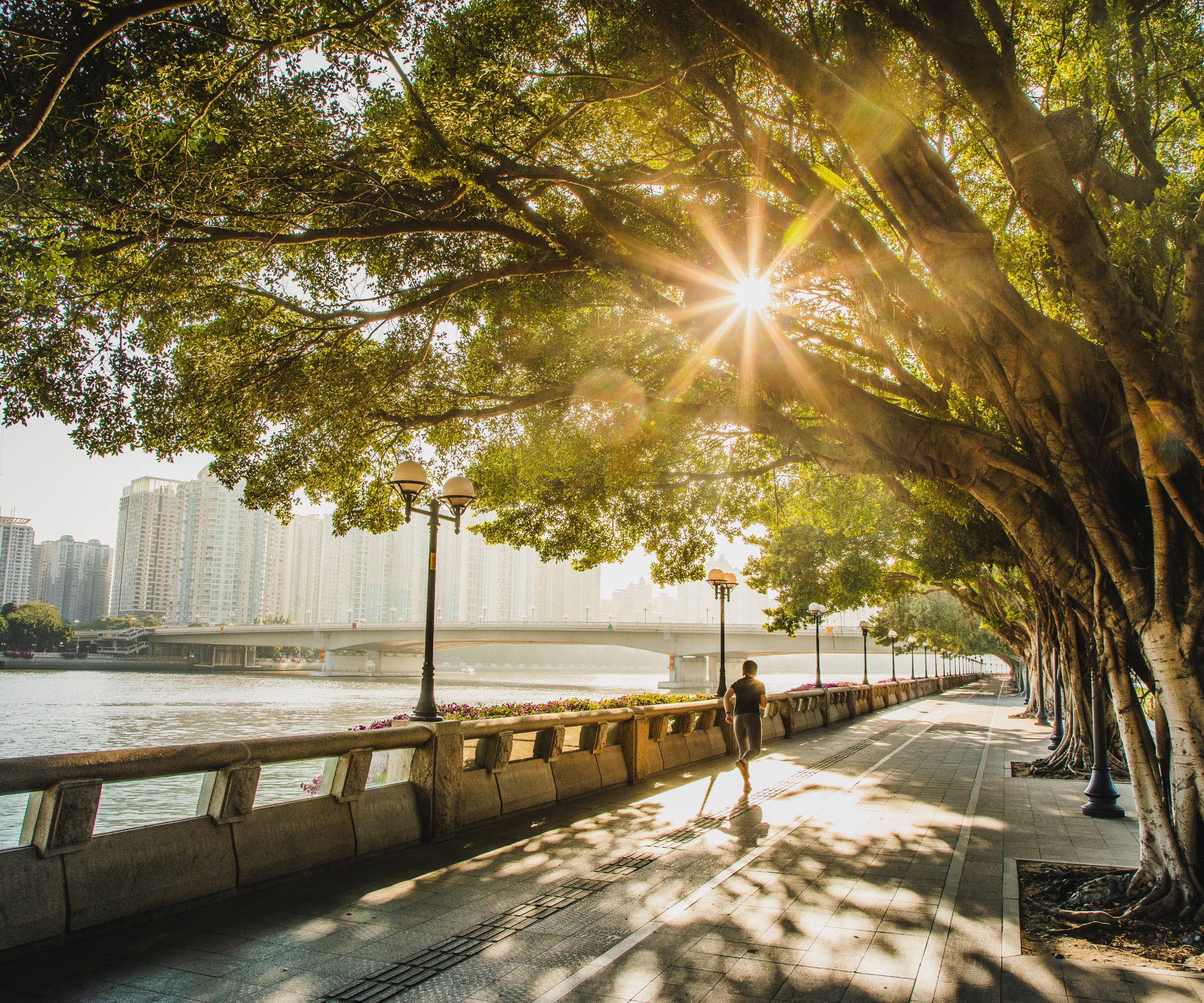
Everybody feels stressed from time to time, but most would agree that inner-city dwellers experience anxiety and stress more than those in pastoral settings. Studies confirm that people’s mental health is impacted by the beauty or ugliness of their neighborhoods and that the addition of trees can improve their emotional and psychological health. This just makes sense, since everyone is impacted by their environment. Studies have shown that hospital patients whose rooms have views of trees recover faster than those without such views.
One of the benefits of planting trees in cities is helping people to relax and get outside more. Those who live on a street lined with trees are more likely to go for a walk, kids are more likely to play outside, and birds are more likely to frequent the area.
2. Carbon Storage
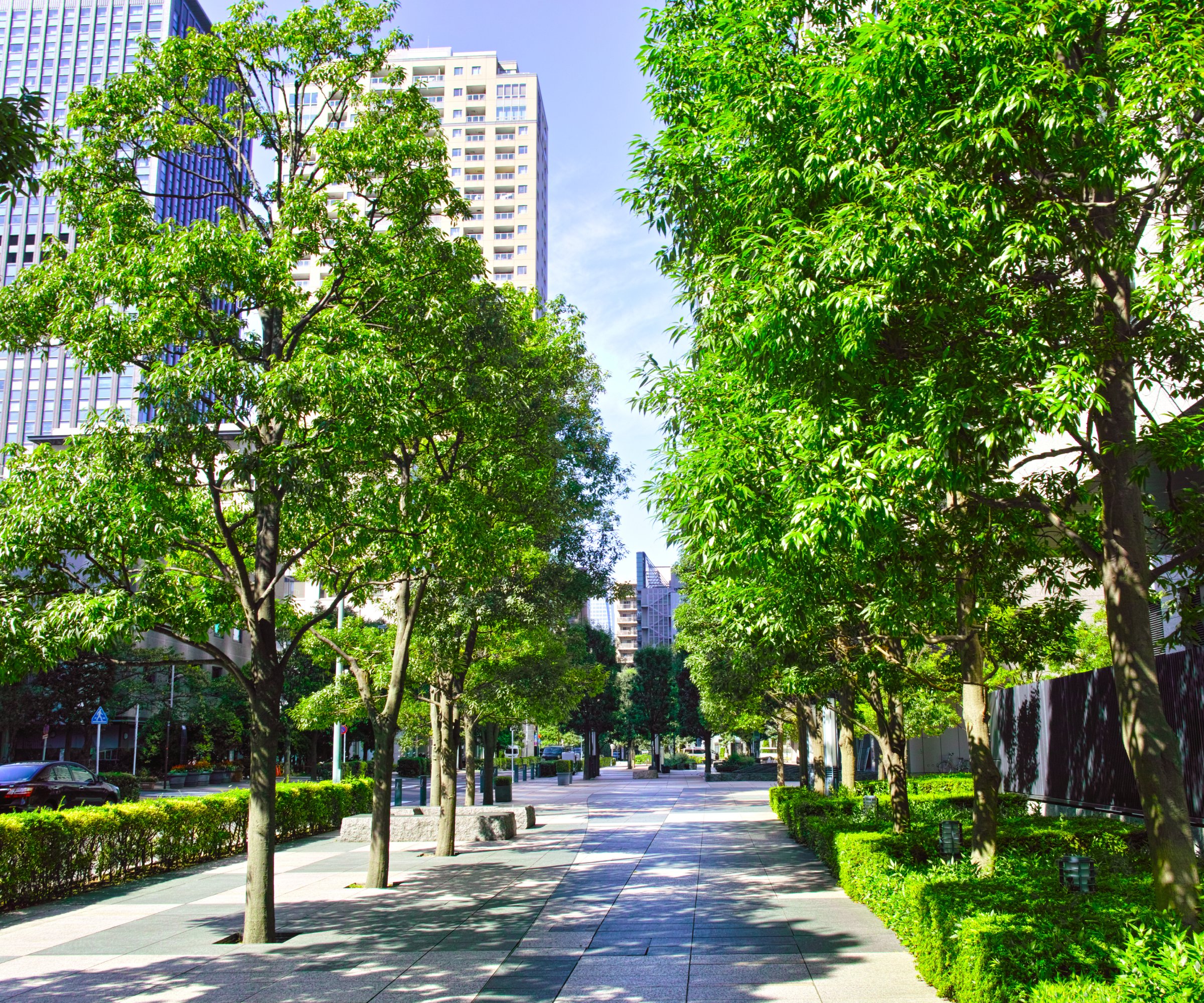
Everybody living in this period of history on our planet knows something about global warming and climate change. The situation has developed, in large part, from the excess burning of fossil fuels to power our automobiles, putting excess carbon dioxide into the atmosphere. While the world struggles to reduce dependence on fossil fuels, any method of reducing carbon dioxide is welcome.
Did you know that trees reverse climate change? A healthy tree absorbs and holds carbon dioxide? A mature tree can absorb almost 50 pounds of it every year it's called – carbon sequestration – and the carbon remains within the tree until the tree is burned. This illustrates another facet of the importance of trees in urban areas. Street trees absorb more pollutants than trees at a distance, changing harmful gasses into oxygen and other natural gasses in urban areas.
Sign up for the Gardening Know How newsletter today and receive a free copy of our e-book "How to Grow Delicious Tomatoes".
3. Reduced Runoff/ Less Drainage Infrastructure.
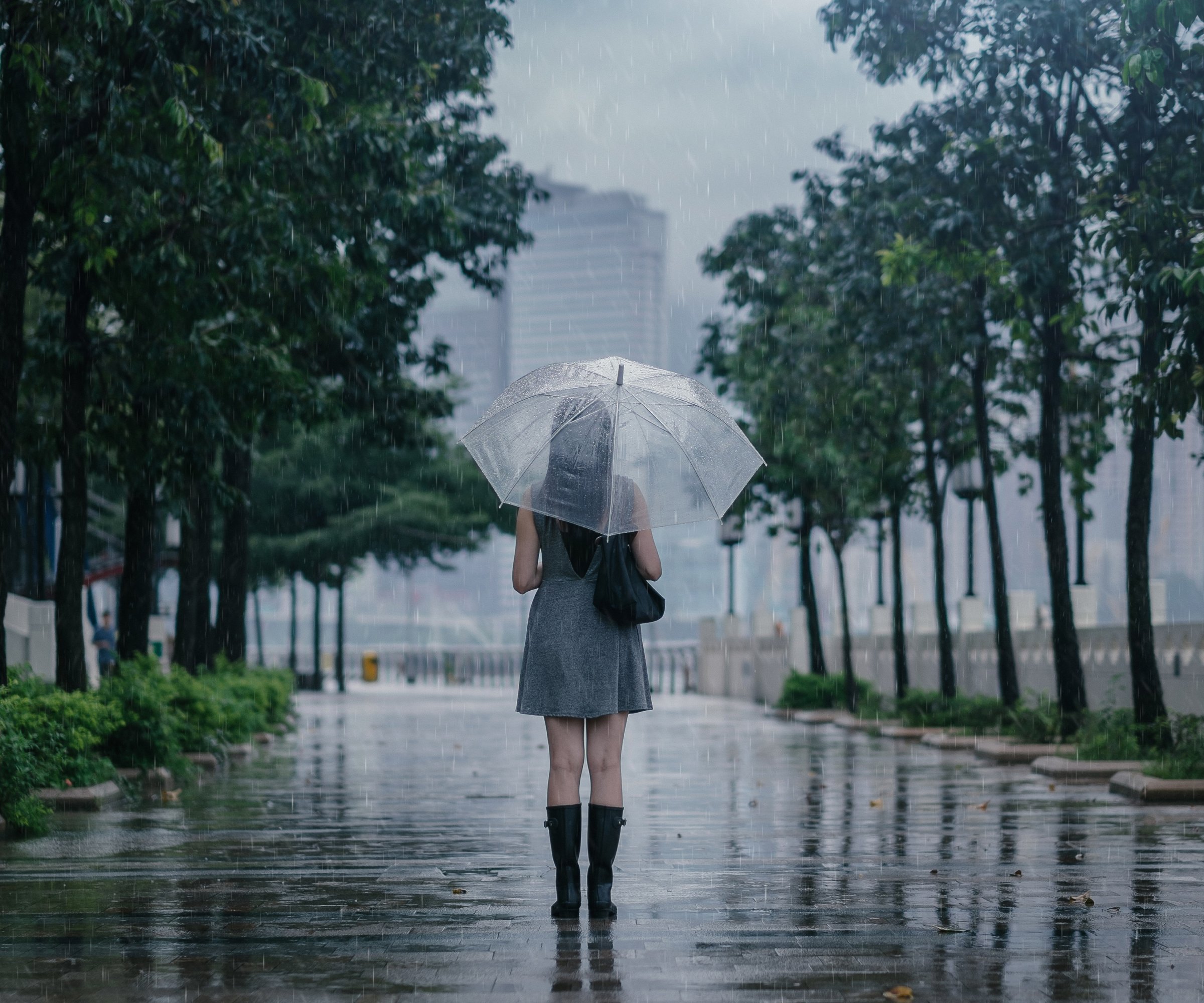
Heavy rains seem to be impacting communities more now than in the past, and many see a connection between flooding and climate change. Urban forests can help. When rain falls, trees absorb about a third of it through their leaves, moisture that is then evaporated back into the atmosphere without ever hitting the ground. More precipitation is helped by the trees’ roots in the ground and again transpired into the air. This significantly reduces stormwater runoff and flooding of urban areas.
4. Lower Urban Air Temperatures
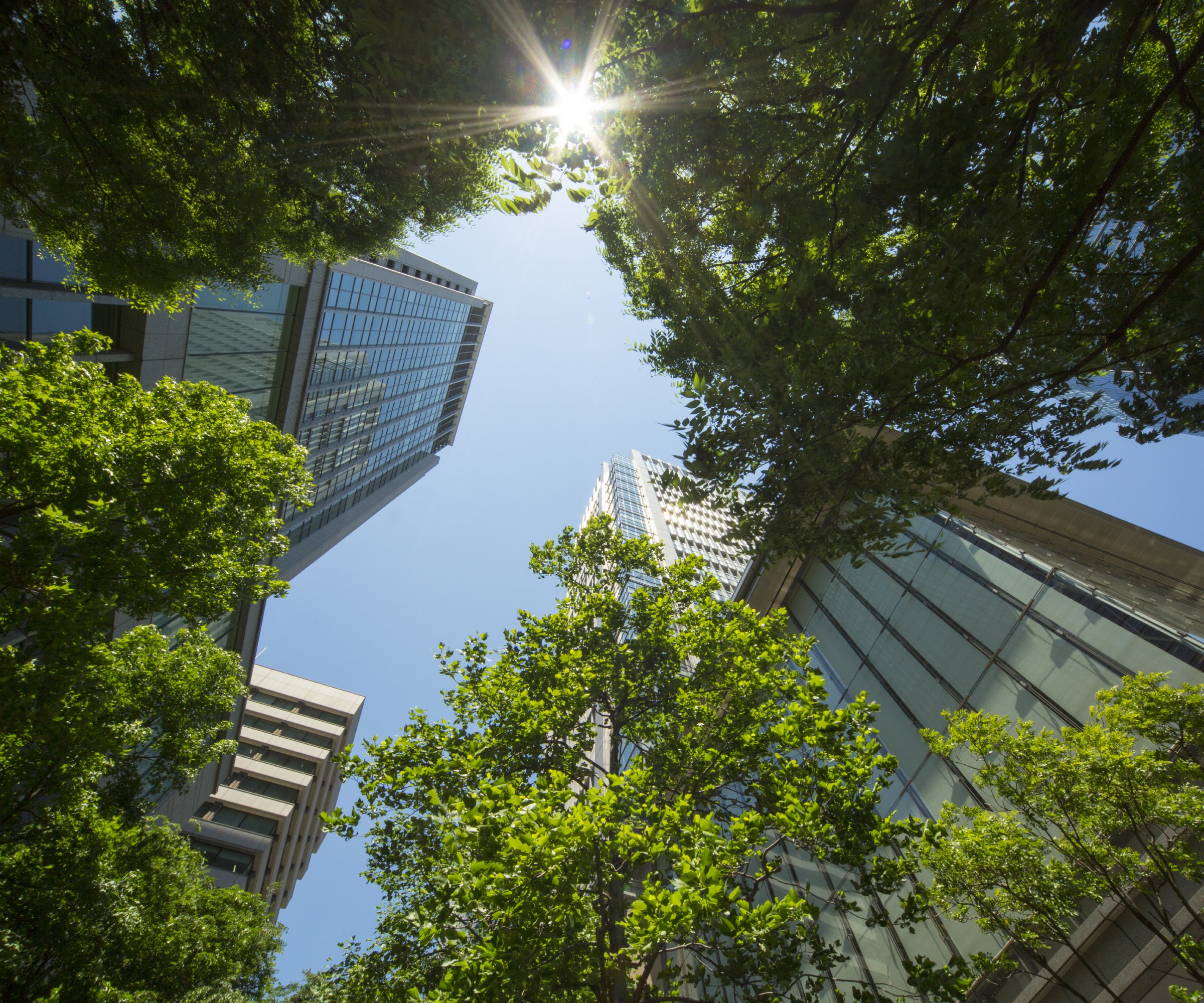
Cities are warmer than rural areas. You may have noticed this on a road trip – the minute you enter an urban area, the temperature shoots up. There is science to explain this: when the ground is covered by asphalt and concrete – think city streets and public parking lots – urban temperatures can rise some 7 degrees.
This translates into energy bills for homeowners for air conditioning costs. When a neighborhood is shaded by street trees, energy bills can drop by up to one-third.
5. Added Value to Homes and Businesses
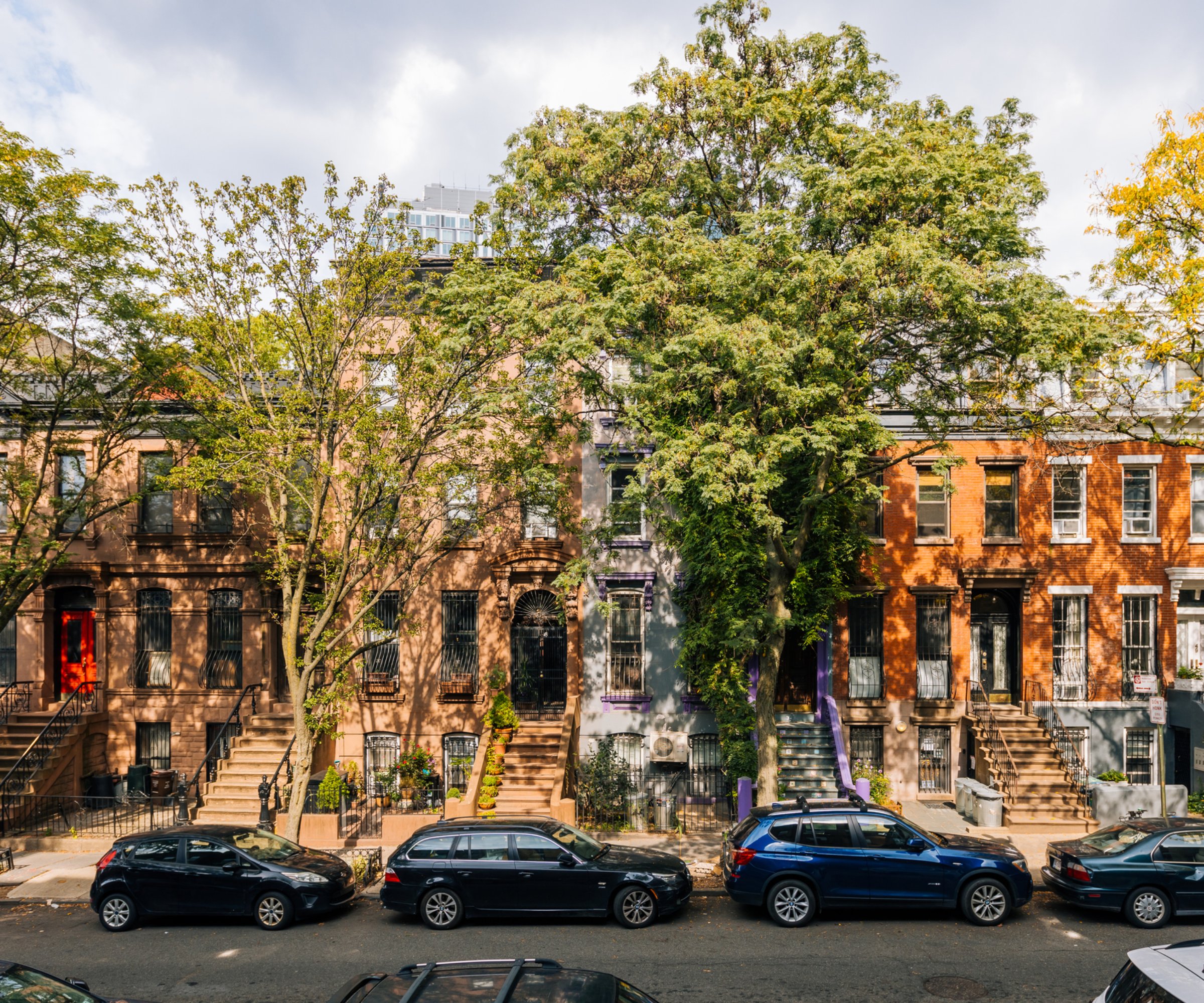
While saving a little on energy bills makes anyone happy, you may be more worried about the bigger financial picture. And here is more interesting news regarding the importance of urban trees to your bank account. and tax base. Realtors tell us that homes located on streets that are lined with trees are some $20,000 more valuable than those sited on streets without trees. This is true also for businesses located on tree-lined streets. This boosts the tax base and budgets of the cities not to mention the finances of the homeowners and business owners.
6. Fewer Car Accidents
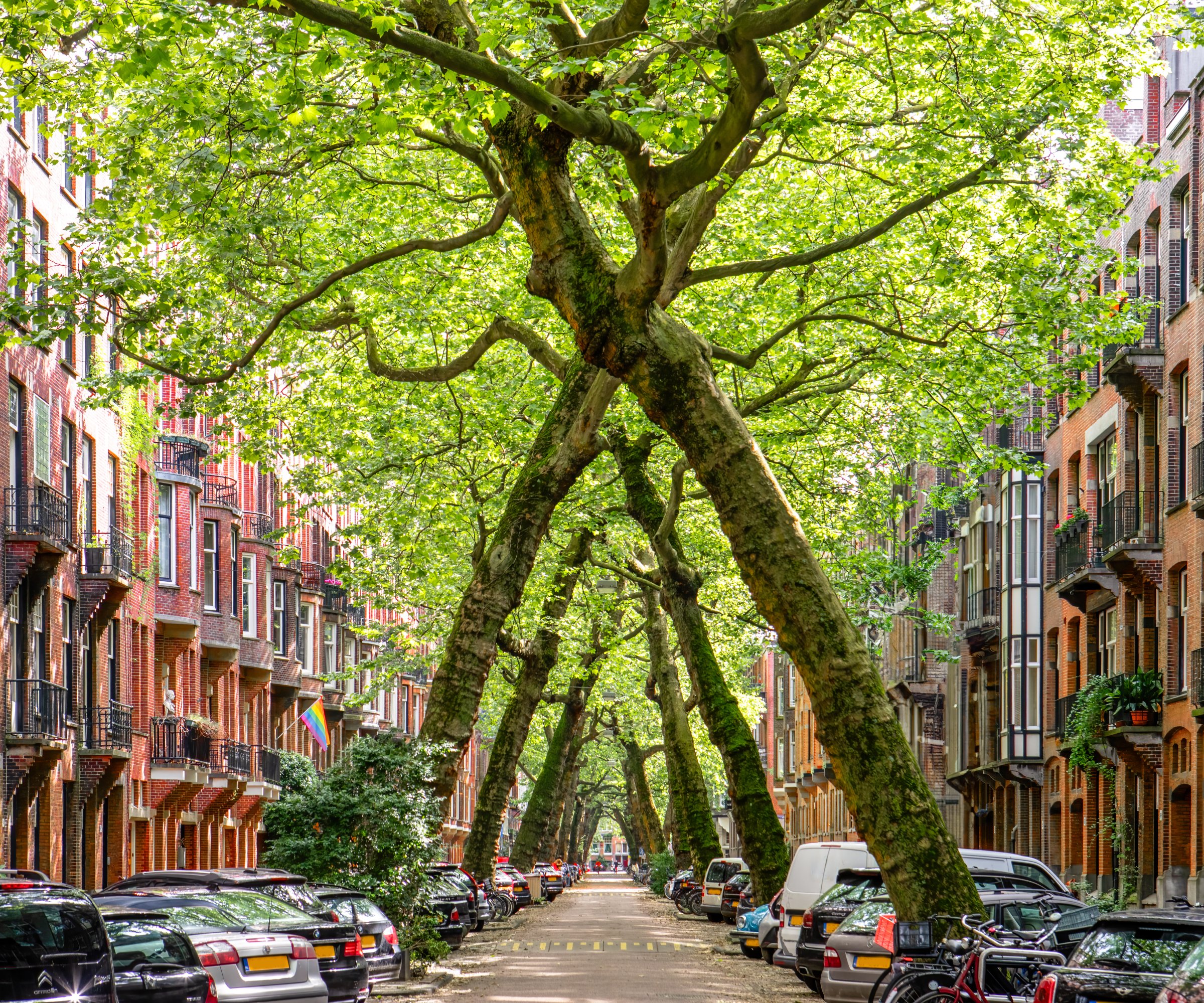
Here’s one benefit of street trees I wasn’t aware of – when a street is lined with trees, people drive more slowly on those streets. The trees frame the street with living “walls” that seem to assist drivers in monitoring their speed. In other words: people just drive slower when there are trees on either side. Studies show that there are fewer off-the-road crashes on tree-lined streets and that the accidents that do occur are less serious.
It stands to reason then that installing street trees and, in general, urban forests, is a win/win situation – good for residents, businesses, drivers, and the planet.

Teo Spengler is a master gardener and a docent at the San Francisco Botanical Garden, where she hosts public tours. She has studied horticulture and written about nature, trees, plants, and gardening for more than two decades, following a career as an attorney and legal writer. Her extended family includes some 30 houseplants and hundreds of outdoor plants, including 250 trees, which are her main passion. Spengler currently splits her life between San Francisco and the French Basque Country, though she was raised in Alaska, giving her experience of gardening in a range of climates.